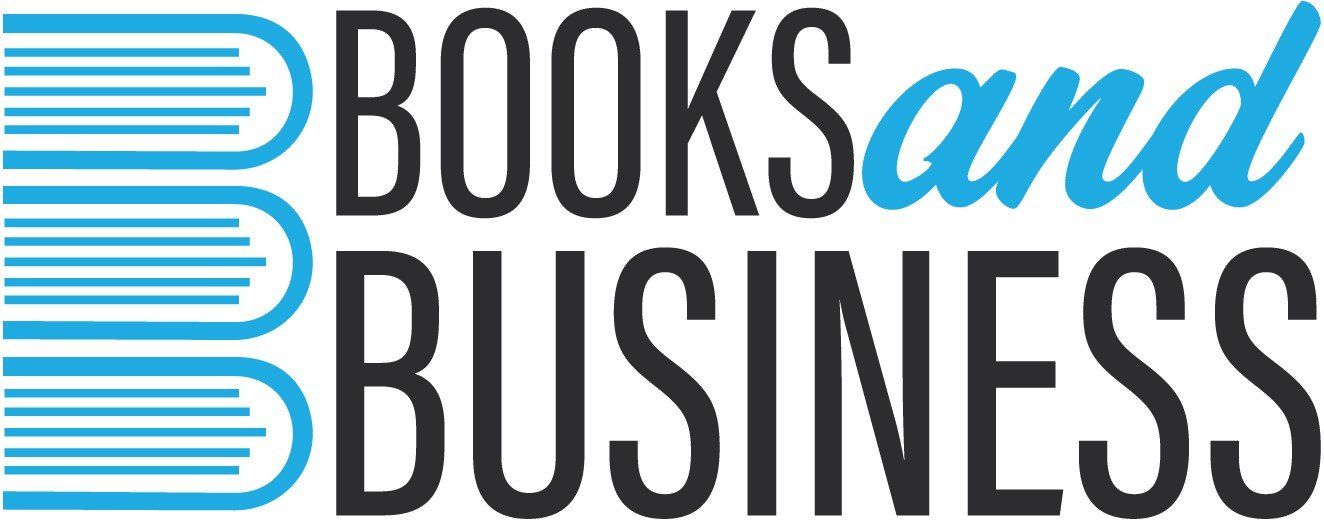Key points from the Autumn Statement 2023
24 November 2023
A reminder of the Chancellors key points from the Autumn Statement 2023
- Employee National Insurance Reduction: Starting January 6th, the Employee National Insurance rate will decrease by 2% to 10%, down from the previous 12%.
- Self-Employed Class 2 NICs cut: Effective from April, self-employed individuals earning over £12,570 will no longer be required to pay the weekly £3.45 Class 2 National Insurance contributions.
- Class 4 NICs Reduction: Commencing April, a 1% reduction in Class 4 National Insurance contributions will apply to profits ranging from £12,570 to £50,270.
- National Living Wage Increase: From April, the National Living Wage will rise from £10.42 to £11.44 per hour, extending to individuals over 21 years old.
- State Pensions Up: Starting April, the state pension will experience an 8.5% increase.
- Universal Credit Boost: Effective April, there will be a 6.7% rise for those receiving Universal Credit.
- Permanent Full Expensing Tax Break: Businesses can now permanently deduct machinery and equipment costs from their profits.
- Extended Discount for Hospitality, Leisure, and Retail: The 75% business rate discount for the hospitality, leisure, and retail sectors will remain in place for an additional year.




